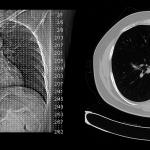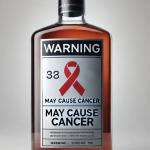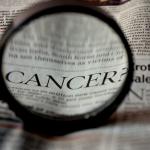Two women in California are unhappy about phosphates and carrageenan in Costco’s Rotisserie Chicken. I'm fine with them. I mean the additives, not the women.
cancer
Join Cameron English and Dr. Chuck Dinerstein on Episode 147 of the Science Dispatch podcast as they discuss:
Join Cameron English, Dr. Chuck Dinerstein and Dr. Josh Bloom on Episode 129 of the Science Dispatch podcast as they discuss:
While the findings sound alarming, it's not that rare.
Join Cameron English and Dr. Chuck Dinerstein on Episode 114 of the Science Dispatch podcast as they discuss:
Alcohol has once again made headlines, this time with a warning that is likely giving industry executives sleepless nights. Dr. Vivek Murthy, the U.S.
High-fructose corn syrup has been the "enemy of all mankind for some time now, responsible for a motley assortment of ailments, including obesity, heart disease, and type 2 diabetes.
Have you ever been to a snooty cocktail party (1) and ordered a Diet Coke from the bar only to get the look?
Join Cameron English and Dr. Chuck Dinerstein as they examine a case of opioid research with "a side of corruption" on Episode 62 of the Science Dispatch podcast:
“The world’s largest review on opioid medicines for cancer pain has found it is unclear whether some commonly used opioid medicines are better than a placebo and suggests that nonopioid medicines, including aspirin, may b











